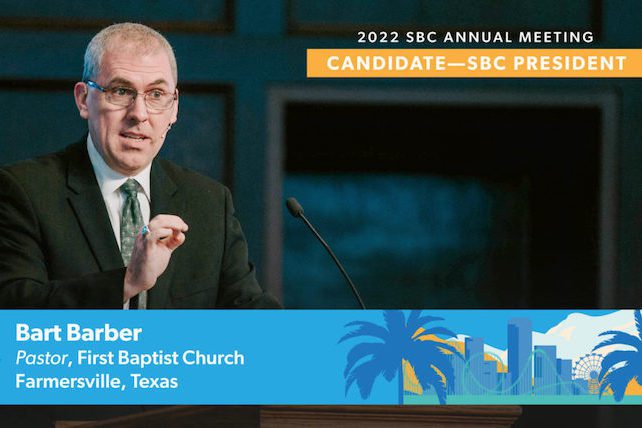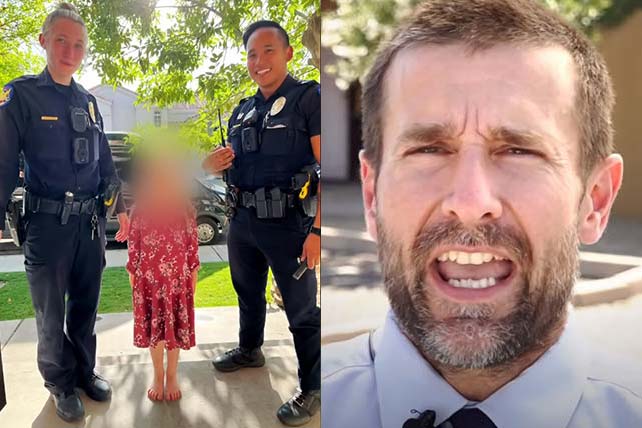Florida pastor Willy Rice has announced that he will not accept a nomination for president of the Southern Baptist Convention. Rice, who pastors Calvary Church in Clearwater, had come under fire after he revealed that his church knowingly installed a deacon who had “committed a sexual sin that could also be described as abusive.”
In a statement released to Twitter on Wednesday, Rice said, “I am hereby withdrawing my name as a candidate for the SBC Presidency this summer. The last few days have been very difficult and I’ve found myself in an untenable position of watching people I love in a church I love done immeasurable harm simply because my name was being considered for this office.”
“My calling is to my local church, my family and to the mission field God has given me. I wish to return my time and attention to those things,” the statement went on to say, with Rice adding that he hopes “another candidate will emerge whose ministry has been characterized by leading in the local church with a passion for the Great Commission.”
Rice had been an early favorite for the role until April 1, when he released a video statement regarding the deacon at his church with a history of sexually predatory behavior. The deacon had been a high school teacher and coach and had an inappropriate sexual relationship with an 18-year-old student in 2005. No criminal charges were filed.
RELATED: ‘Jesus Cancels Sin’: SBC Presidential Candidate Willy Rice Addresses Abuse Controversy
In his statement, Rice emphasized that the deacon’s sexual misconduct had happened prior to his coming to Calvary Church and that the deacon had shown “genuine fruits of a repentant life” over several years of being at Calvary before taking on the role of deacon. Rice also emphasized that the deacon had never been allowed to serve in ministries involving children or students, and the church has now asked the deacon to step down.
“We’ve learned a great deal about what should be categorized as abusive behavior, and we grieve that we did not recognize some of these things sooner and apologize for our lack of compassion or concern for the victim,” Rice said regarding the church’s previous decision to ordain the deacon.
In the days that followed, a number of influential SBC pastors and church leaders called upon Rice to withdraw from the race for SBC president.
RELATED: ‘We Should Manifest the Fruit of the Spirit’: Willy Rice Responds to Criticism of Voddie Baucham
“I am profoundly grateful to the many people who encouraged me and supported me over the last few weeks,” Rice said in the statement announcing his withdrawal from consideration. “Your kindness was far more than I deserve and I regret that I cannot fulfill your hopes for me to serve as SBC President.”
“Willy, you are a good man,” said Land Center director Daniel Darling in response to the statement. “I hate that you had to endure this. Praying for you and your church.”


























